
In ordinary day to day life when we hear something our instantaneous reaction is to respond with like, dislike or just a neutral feeling towards what we heard. This will cause passion (craving) or dispassion (aversion) or equanimity (which one may not be aware of) towards the sound.
All of these events happen at a tremendous speed in ordinary life and we may only be aware of lingering likes and dislikes, when we hear a sound. However, there are a series of events, dependably arisen that cannot be separately seen under ordinary circumstances to an untrained person.
Now how do we see this process as separate events, step by step or with precise clarity?
This is what we train during insight practice, the observation of separate events with precise clarity.
However before insight practice begins we usually need to bring the mind to a state of samadhi through a form of samatha meditation. This is commonly done through breath meditation (anapanasati). This sets the stage for the insight practice.
We usually train ourselves with our eyes closed therefore we have only five senses to work with at the start, which makes it easier. In addition to that we have also “closed” the tongue-taste, nose-smell and body-touch. The only ones we usually have to deal with are the mind-mind objects (majority) and the ear-sound, in a relatively quite place this hindrance is reduced.When the ear meets the sound, ear consciousness arises. After that, with the union of these three, contact arises. With contact feeling arises and so on and so forth. Now the trick here is to contemplate of the impermanence, suffering and non-self characteristics, as and when it arises at each step and “let it be” (or ‘let it go’). The earlier the step the better it is, and when you pass the feeling stage it may already be too late.
This is what I believe the Budhha meant by when he said :
"He sees the ear as something separate. He sees sound as something separate. He sees ear-consciousness as something separate. He sees ear-contact as something separate. And whatever arises in dependence on ear-contact — experienced either as pleasure, as pain, or as neither-pleasure-nor-pain — that too he sees as something separate”.- Avijja Sutta*
Now how do we apply this to ordinary day to day life? When we practice with one sense faculty, for example the ear, the same method is applicable when it comes to other the other senses. If we have done enough insight practice during an adequate period of time we may try to apply this method to the eye, when you see something in ordinary day to day life. You may not be successful at the beginning but with enough insight practice you might be able to apply it in ordinary life as well. This applies to the other sense faculties aswell. It is through this practice that you will be able to see the “world” with insight (vipassana) wisdom.
The ignorance will now start to fade away from you….This is also confirmed in another sutta called Avijja Pahana Sutta (removal of ignorance - Samyutta Nikaya).
At Savatthi. "Then a certain bhikkhu approached the Blessed One, paid homage to him, sat down to one side, and said to him:"Venerable sir, how should one know, how should one see, for ignorance to be abandoned and true knowledge to arise?""Bhikkhu, when one knows and sees the eye as impermanent, ignorance is abandoned and true knowledge arises. When one knows and sees forms as impermanent ... When one knows and sees as impermanent whatever feeling arises with mind-contact as condition - whether pleasant or painful or neither-painful-nor-pleasant - ignorance is abandoned and true knowledge arises. When one knows and sees thus, bhikkhu, ignorance is abandoned and true knowledge arise." -Avijja Pahana Sutta - Abandoning Ignorance-translated by Bhikkhu Bodhi:SN 35.53
Basically, in this sutta the Buddha was asked, “In what way should one see to remove ignorance?” Budhha said “When you regard the eye as impermanent, the form as impermanent, the eye consciousness as impermanent, the eye-contact as impermanent, the felling as impermanent, the ignorance is removed, it is only then that clear knowledge, free from the once seemingly interminable ignorance, arises.”
The same applies for the other senses and their respective stimuli, ear-sound, nose-smell, tongue-taste, bod-touch and mind-mind objects.


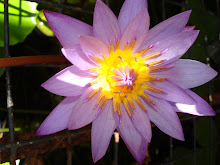













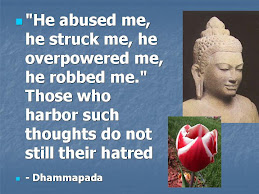

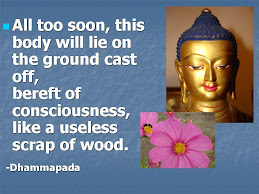
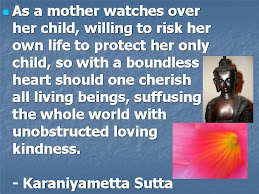
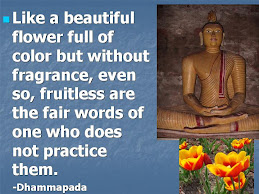
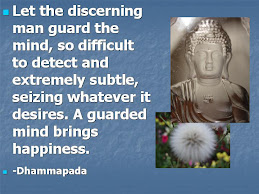

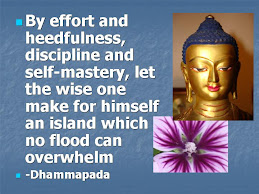

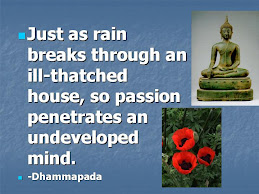

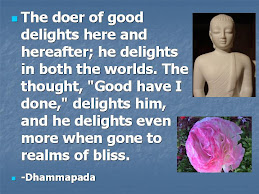
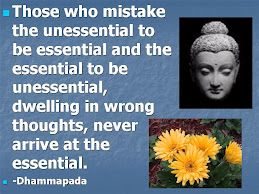
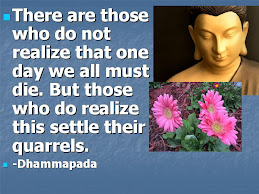
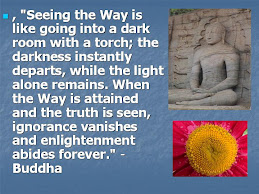

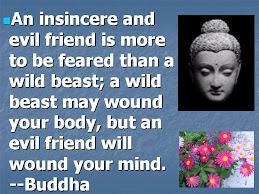
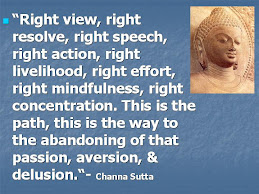

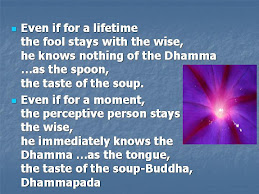



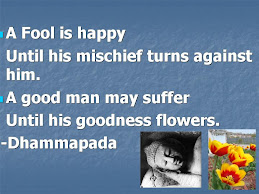
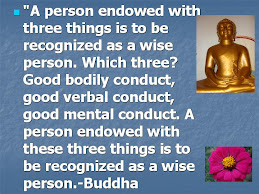

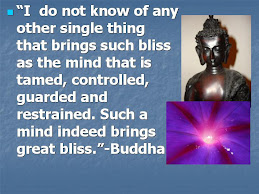
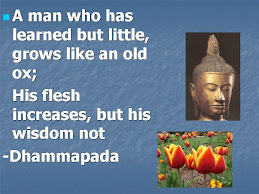
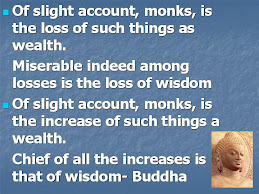

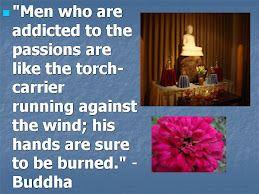


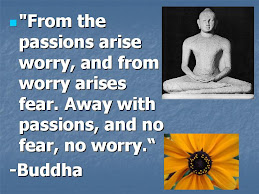
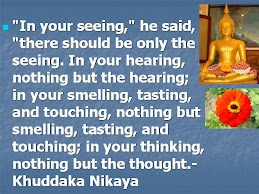




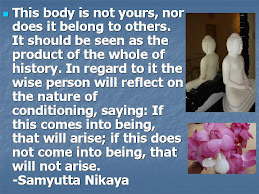
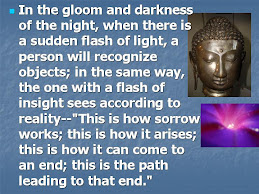
















No comments:
Post a Comment